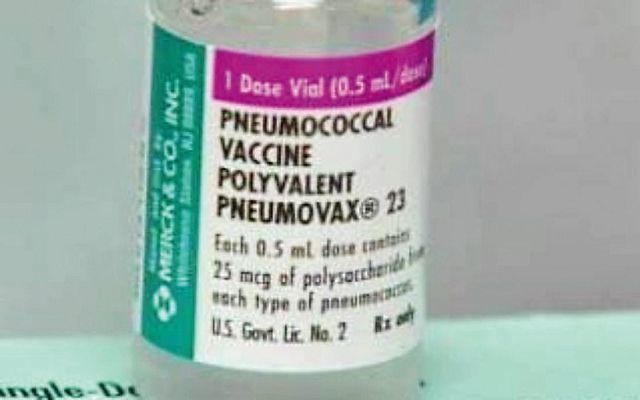Immunization works
World Pneumonia Day was Nov. 12. The Global Coalition Against Child Pneumonia was established to raise awareness about the toll of pneumonia, and to advocate for global action to protect against, effectively treat and help prevent this deadly disease. The coalition provides leadership for World Pneumonia Day to encourage efforts among donors, policy makers, health care professionals and the general public to combat the disease.
Pneumonia is an infection of the lungs that can cause mild to severe illness in people of all ages. According to the CDC, globally, pneumonia kills more than one and a half million children younger than 5 years of age each year. Some signs of pneumonia include coughing, fever, fatigue, nausea, vomiting, rapid breathing or shortness of breath, chills and chest pain. When bacteria, viruses or fungi living in the nose, mouth, sinuses, or the environment spread to the lungs, you can develop pneumonia. People who are infected with these bacteria or viruses can spread them, even though these people may not be sick.
The CDC list several vaccines available in the United States that prevent infection by bacteria or viruses that may cause pneumonia. These vaccines include: Pneumococcal, Haemophilus infuenzae type b (Hib), Pertussis (whopping cough), Varicella (chickenpox), Measles and Inflenza (flu). Following good hygiene practices is also recommended. These include washing hands regularly, cleaning hard surfaces that are touched often (doorknobs and countertops), and coughing or sneezing into a tissue. Contact a physician or local health department for more information on pneumonia and the vaccines to prevent it.

